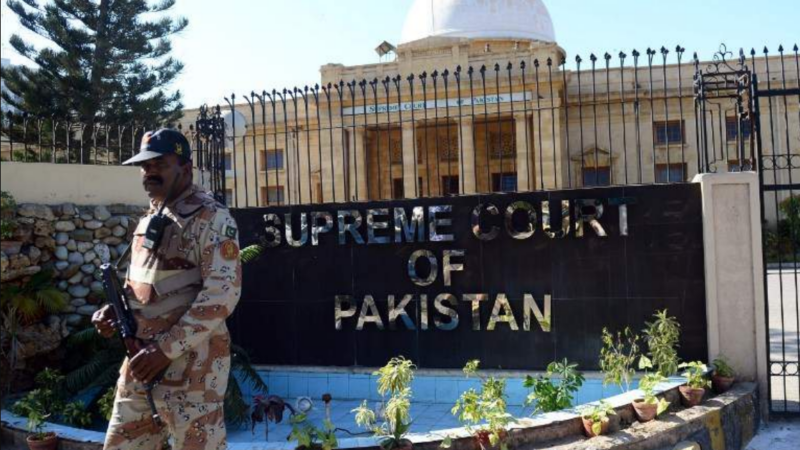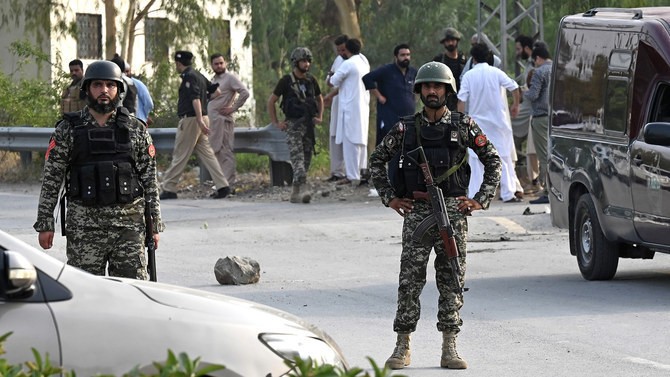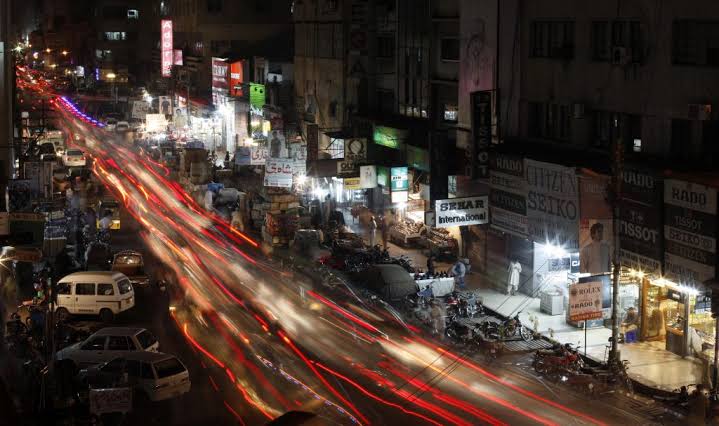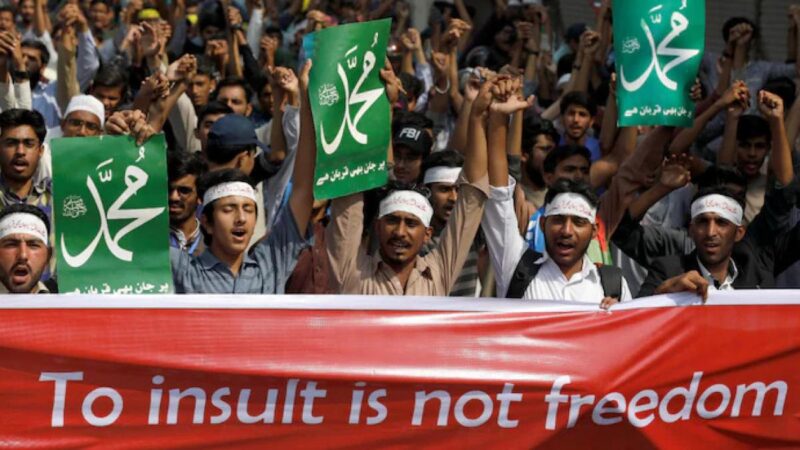Where will Israel face its next Iranian threat?
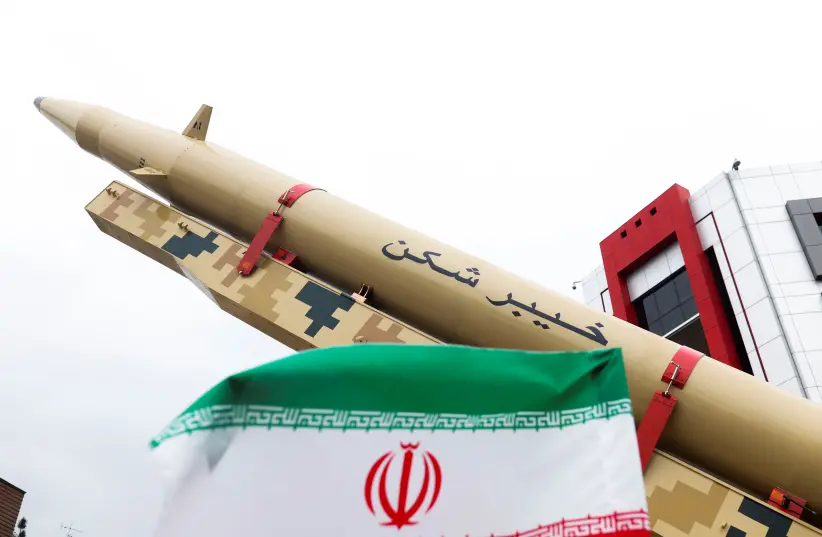
Iran expects a rise in gun assaults during Ramadan and coordinated operations against Israel from Hezbollah, Hamas, and Islamic Jihad.
As it prepares for its most recent challenge to Israel in the area, Iran may decide to divert its support away from Yemen and toward other fronts, leaving Israel vulnerable to a number of new dangers. During a conversation this week with The Jerusalem Post about the area and dangers to Israel, Jonathan Schanzer, executive vice president for research at the Foundation for Defense of Democracies, concentrated on a number of these problems.
Meeting with authorities and specialists, Schanzer has been examining some of the more general patterns affecting the area. This is crucial because Israel is constantly fighting off Iranian dangers, and regional shifts may be bringing new aspects of those conflicts to the fore.
The “war between the wars” campaign, also known by its Hebrew name “mabam,” is one area of interest. Although this conflict is difficult to describe, it essentially revolves around Israel’s operations against Iran in Syria and other locations over the past ten years. Uncertain frontlines characterize this covert conflict.
According to Schanzer, the campaign “just turned 10 years old and it is an interesting moment to see what happened,” adding that many authorities with whom he has spoken disagree on the precise nature of this dispute. There are two major schools of thought: one that focuses on Syria and the other that takes into account Iran, marine events, murders on the internet, and Syria.
Israel is battling multiple Iranian danger tendrils, according to what former prime minister Naftali Bennett dubbed the “Octopus doctrine.” For instance, Hezbollah and Palestinian Islamic Jihad could both be viewed as parts of a tentacle.
According to Schanzer, the program is a developing idea that has proven to be one of Israel’s most effective efforts. He points out that although this idea has been around for a while, it has endured through numerous regimes. That indicates that the necessity of this effort is widely agreed upon. But the analyst also notes that Israel’s present situation is reflected in this ad.
There can be no winner in this conflict because it continues in various locations rather than coming to a conclusion on a single battleground like Waterloo.
For instance, when Iran has backed Hamas in Gaza to attack Israel, there have been conflicts, but Hamas still claims success even after Israel appears to have won after carrying out numerous bombings.
The political void in Syria made it feasible for a large portion of the operation to take place there. A wide range of organizations and other nations acted as the Syrian government relinquished control of the nation. Israel was able to take action against Iranian entrenchment as a result. Schanzer observes that the war in Syria is waning and that relations with the Assad government are becoming more regular. “The [operation] was made feasible by working in a cloud of war… As the darkness begins to clear, does the battleground change?”
Russia is pulling back from Syria, Iran is still enriching nuclear, and Hezbollah is “retrenching,” according to Schanzer. Hezbollah has also developed a homegrown program for producing precision-guided missiles, or PGMs. The FDD specialist has been alerting the public to this danger for many years.
He claims that Hezbollah may currently be making one or two of these particular, hazardous weapons per week. There are concerns about Israel’s reaction as Hezbollah gains access to more PGMs. Israel is in a difficult situation, as evidenced by the event in mid-March in which a man reportedly entered northern Israel, carried out a terrorist assault near Megiddo, and then attempted to escape back north.
Schanzer observes that Israel hasn’t reacted to Hezbollah’s warning not to initiate a war and Middle East Monitor’s claim that the detonation is a “new front for Israel.” Are Israel’s internal problems a deterrent or a burden? Both issues merit investigation.
Iran’s decision to divert resources away from supporting the Houthis in Yemen could also pose a significant threat. Schanzer cautions, “You need to look at Yemen, no one is looking at Yemen and that’s a huge error. The Houthis in Yemen are battling Saudi-backed Yemeni troops, and despite the fact that Iran and Saudi Arabia have made an agreement, Iran views this as a war with declining results. “Now that Iran isn’t supporting Yemen, where is that support going to go?” “It’s obvious that support is going to Israel’s borders; it’ll probably go to the West Bank, Syria, etc.”
Increasing terror fears in Israel
This relates to the escalating dangers in the West Bank. For the majority of the past year, Israel has fought against organizations like Islamic Jihad and Lions’ Den on a monthly basis. Attacks involving firearms are rising. According to Schanzer, Iran runs a fictitious joint operations room or nerve center that aims to unite Hamas, PIJ, Hezbollah, and the IRGC in their attacks against Israel. He cites the rise in occurrences during the Gaza war in 2021 as an illustration, citing instances of violence in Israeli mixed-gender towns.
He notes that this is a part of an effort to transfer unrest to the West Bank and claims that it is following a new strategy that was created before 2021. In essence, Iran is trying to move the conflict to the West Bank while Israel has increased focused on fending off Iranian dangers farther away from Israel. Because of the Iron Dome and other fortifications, Israel may have believed it could disregard Gaza, but now the conflict has spread to areas like Jenin. The heightened assaults have been tracked by FDD since March of last year, and according to Schanzer, there have now been more than 1,300 of them.
“There is the 1987 Intifada and the 2000 Intifada declared from above. People talk about a third intifada. We are looking at more along the lines of 2000.”
In the West Bank, Israel is in a bind. If nothing is done, the bloodshed will increase. It could incite more resentment toward Israel if it enters Palestinian towns. Israel is in an untenable situation as Ramadan approaches, he claims. The Palestinian security forces’ capacity to deal with the escalating disorder is also on the verge of collapse. According to Schanzer, the types of conflicts that are occurring in areas like Huwara run the risk of igniting a larger conflict, much like Sheikh Jarrah did in 2021.

